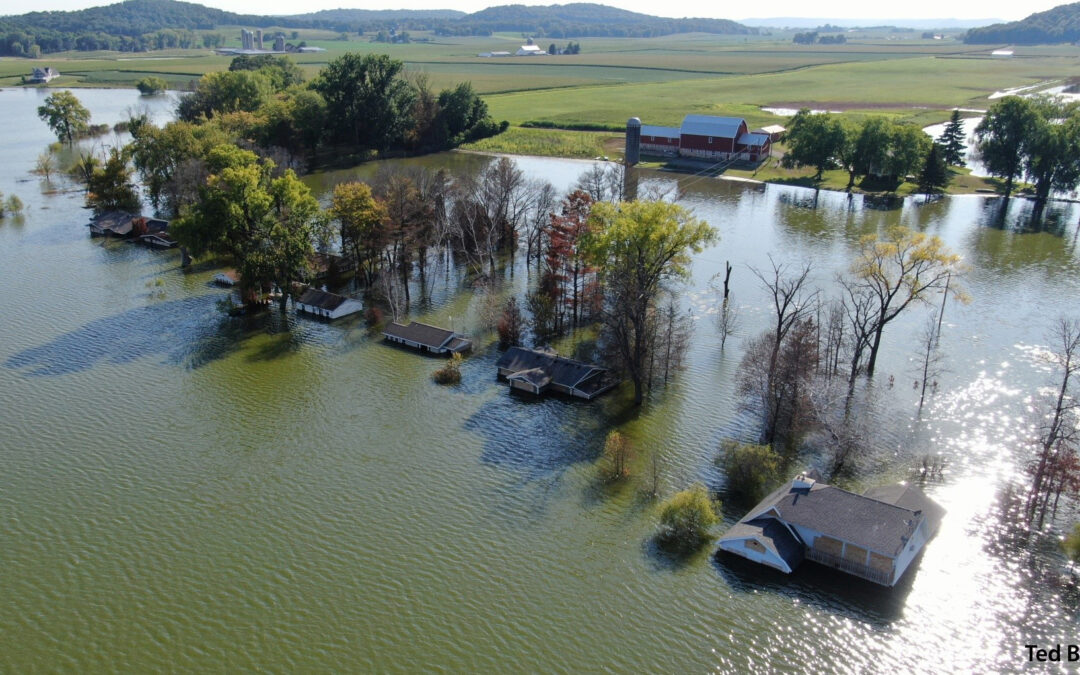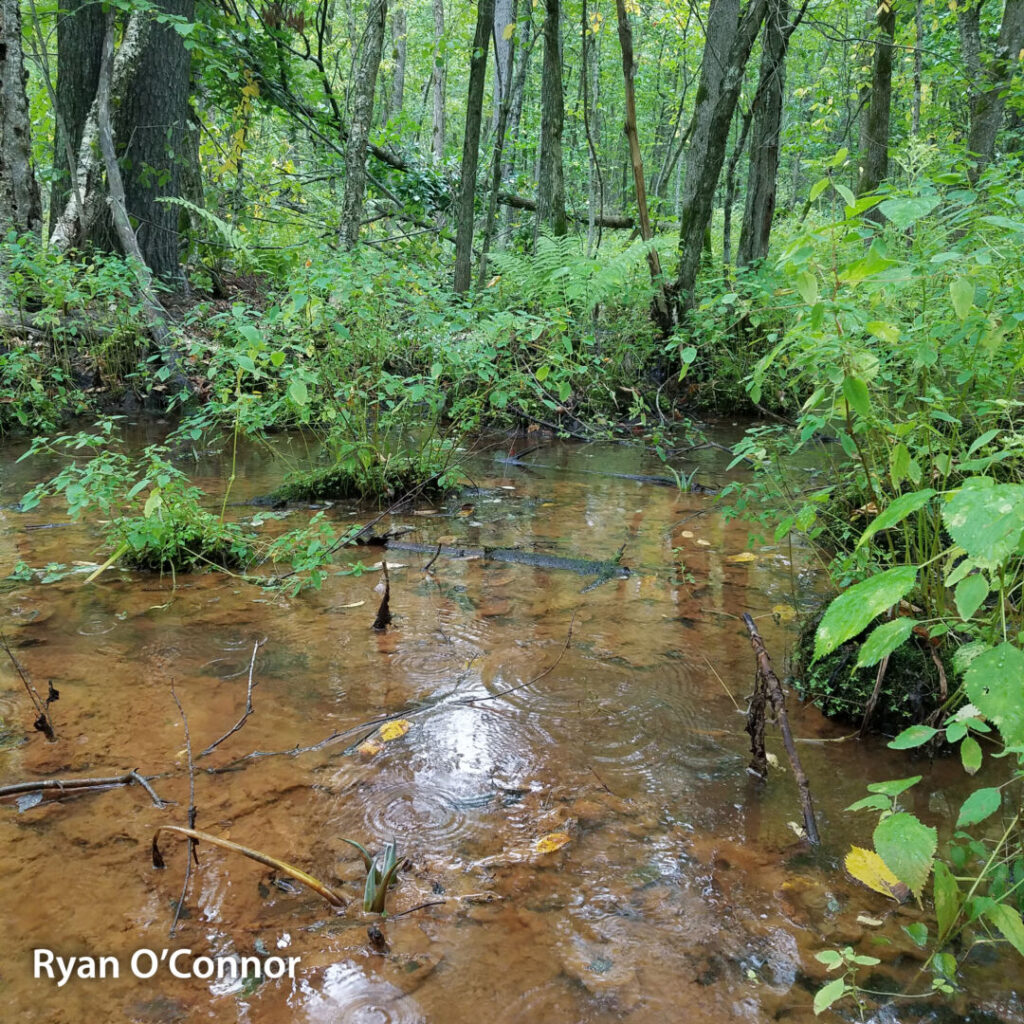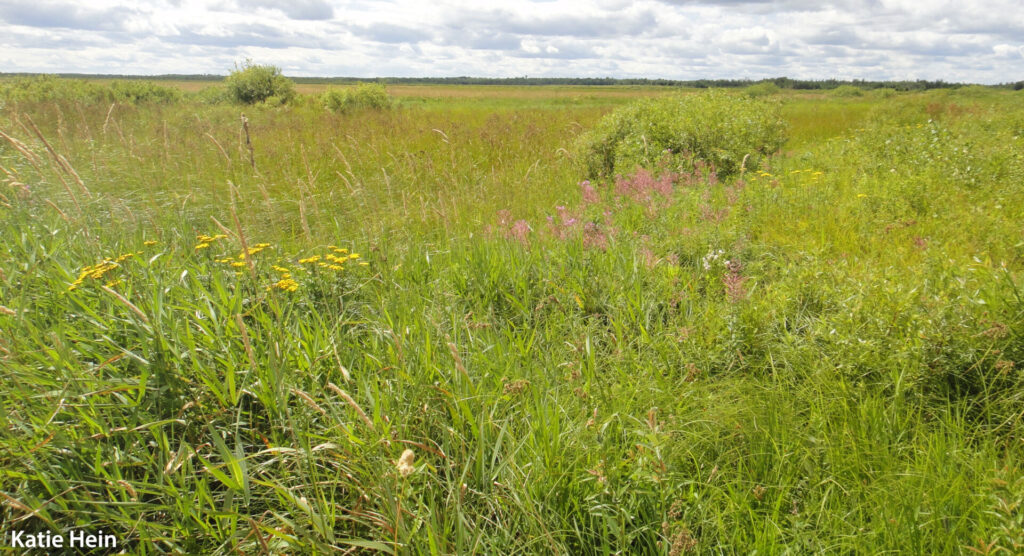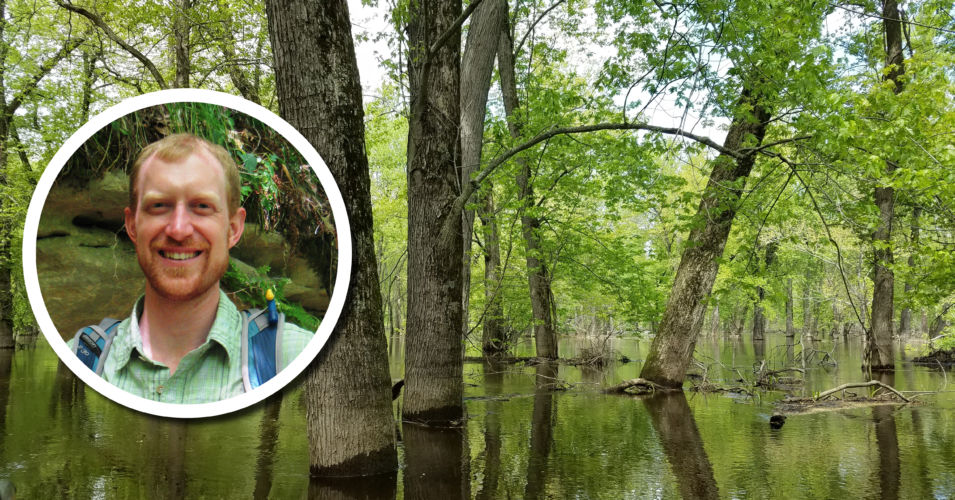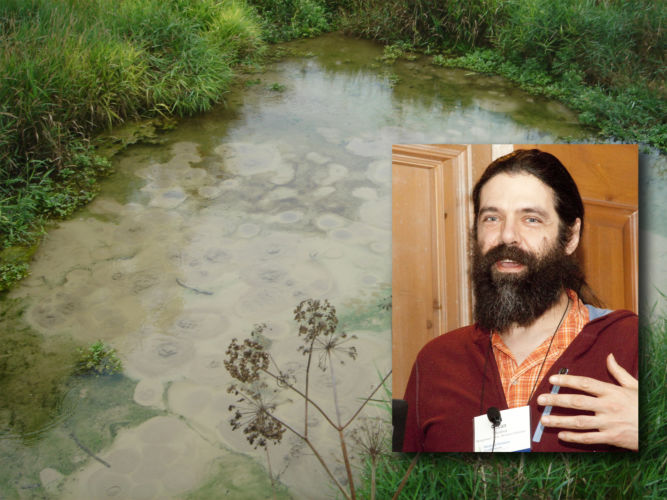By Dea Larsen Converse, Communications Director
Wisconsin Initiative on Climate Change Impacts
As part of our work promoting wetlands as solutions, WWA provides subject matter expertise and recommendations to various climate-focused discussions. This includes collaborating to help refine the recommendations of various working groups hosted by the Wisconsin Initiative on Climate Change Impacts (WICCI). We are proud to contribute the important wetland perspective on these issues and are pleased that various recommendations in WICCI’s 2021 Assessment Report reflect input from WWA and other wetland experts. Read on for a summary of findings and recommendations from WICCI’s Water Resources Working Group.
The Wisconsin Initiative on Climate Change Impacts (WICCI) recently released its 2021 Assessment Report: Wisconsin’s Changing Climate. Among other key findings, the report shows that warming temperatures and changing precipitation patterns are impacting Wisconsin’s wealth of water resources, including wetlands. The report also explores the consequences of those impacts and adaptations needed to address them.
The last two decades have been the warmest on record in Wisconsin and the past decade has been the wettest. Average precipitation and extreme storm events that deliver large amounts of water in short periods are increasing in Wisconsin, resulting in flooding and water quality problems. Flooding during large storms causes damage to infrastructure, habitat loss, and risks to human health. Fast-flowing water also increases erosion and can cause deep channels to form, which in turn intensifies the flow of stormwater. These channels further reduce flood storage, degrade water quality, and increase downstream flooding. Areas with permeable soils where the water table is near the surface, like shorelines of seepage lakes and wetlands, can experience long-term rises in groundwater during periods of higher than- average precipitation, resulting in damage to vegetation and property.
Here’s an example of how these myriad factors can play out on the landscape: wetland professionals and foresters have noticed the compounding effects of an increasingly wetter climate, introduction of the emerald ash borer (an invasive insect), and historic and current hydrologic landscape changes. The loss of ash trees to the emerald ash borer reduces transpiration (water loss) from the affected hardwood swamp sites. Tree loss, along with extreme rain during the growing season, raises the local water table. Water flushed in through drainage tiles and ditches adds even more water to the system. In this scenario, the combined impacts create water levels high enough to cause the death of even the most flood-tolerant species like silver maple. The end result is a rapid conversion from a hardwood swamp to shrub swamp or reed canary meadow.
restoring riparian areas, floodplains, and wetlands throughout the watershed. Visit the Water Resources Working Group webpage at wicci.wisc.edu/water-resources-working-group to learn more. There is hope for the future, but it is up to us.
WICCI is a nationally recognized collaboration of scientists and stakeholders working together to help foster solutions to climate change in Wisconsin.
Related Content
Wetland Coffee Break: Climate change resources for wetland managers
Climate change impacts wetlands, but not all wetland types and locations are at equal risk.
How will climate change affect groundwater and runoff into wetlands?
Dibaginjigaadeg Anishinaabe Ezhitwaad: A tribal climate adaptation menu for indigenous-led adaptation planning

